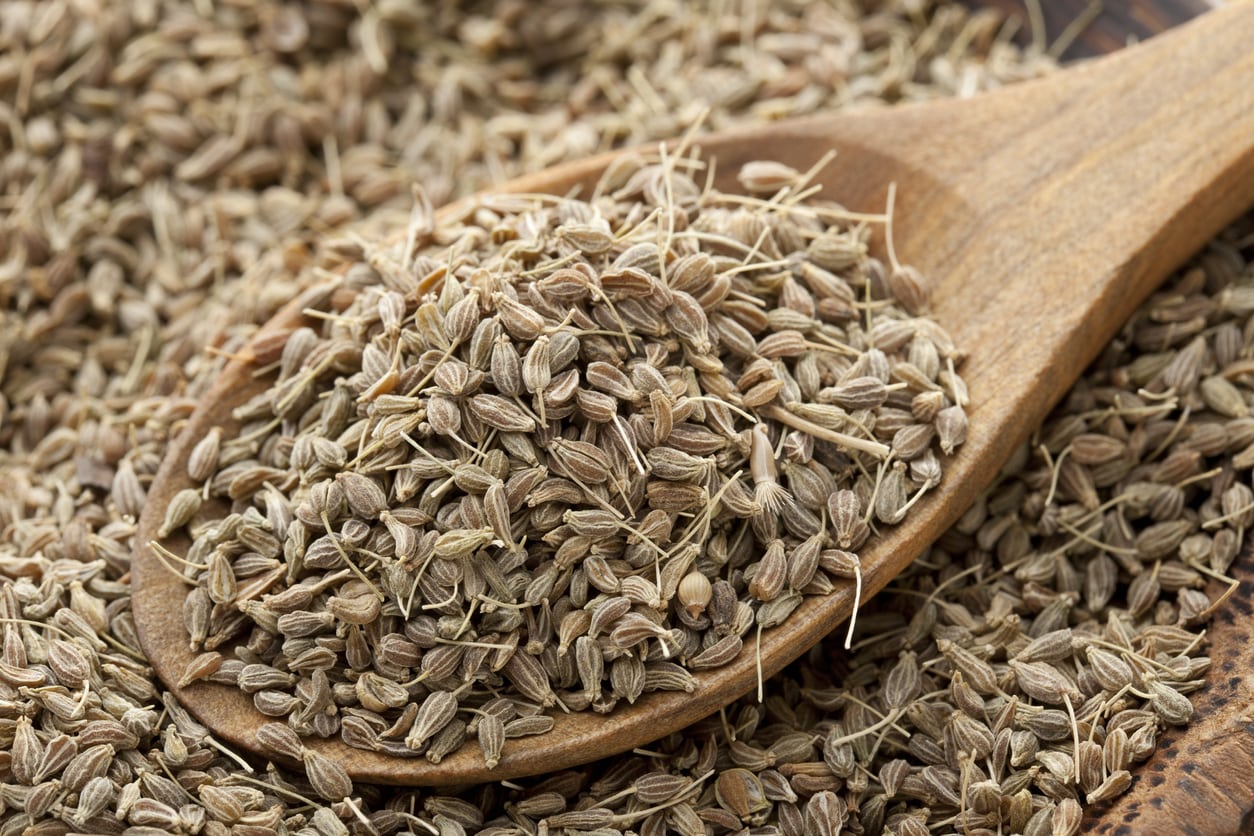Substitute for fennel – Embark on a culinary adventure with our comprehensive guide to substitutes for fennel, unveiling a world of flavors and nutritional alternatives. From aromatic herbs to nutrient-rich foods, this guide empowers you to navigate the realm of fennel replacements with ease and expertise.
Beyond the kitchen, delve into the medicinal properties of fennel and uncover herbs and supplements that mirror its healing powers. Whether you seek digestive support or anti-inflammatory benefits, this guide provides valuable insights into the world of fennel alternatives.
Culinary Substitutes for Fennel: Substitute For Fennel
Fennel is a versatile herb with a unique licorice-like flavor that adds depth to many dishes. However, if you find yourself without fennel, several culinary substitutes can provide a similar flavor profile.
Here are some alternative herbs and spices that can be used as substitutes for fennel in various culinary applications:
Anise Seed, Substitute for fennel
- Anise seed has a sweet, licorice-like flavor that closely resembles fennel.
- It can be used in both sweet and savory dishes, including baked goods, desserts, and meat dishes.
- Use anise seed in a 1:1 ratio as a substitute for fennel seeds.
Caraway Seed
- Caraway seed has a warm, slightly bitter flavor with hints of anise and cumin.
- It is commonly used in rye bread, sauerkraut, and other European dishes.
- Substitute caraway seed in a 1:1 ratio for fennel seeds or 1/2 teaspoon of caraway seed for 1 teaspoon of fennel fronds.
Dill Seed
- Dill seed has a fresh, herbaceous flavor with a hint of sweetness.
- It is commonly used in pickles, fish dishes, and Scandinavian cuisine.
- Use dill seed in a 1:1 ratio as a substitute for fennel seeds.
Nutritional Equivalents for Fennel

Fennel, a versatile herb, offers a range of essential nutrients. Its nutritional profile includes vitamin C, potassium, and fiber. While fennel may not always be readily available, there are several alternative foods that provide similar nutritional value. These alternatives can help you maintain a balanced diet and reap the health benefits associated with these nutrients.
Vitamin C
Vitamin C, an antioxidant, is vital for immune function, skin health, and collagen production. Foods rich in vitamin C include citrus fruits (oranges, grapefruits, lemons), berries (strawberries, blueberries, raspberries), bell peppers, and leafy greens (spinach, kale, collard greens). Consuming these foods helps boost the immune system, protect against cell damage, and support healthy skin and connective tissues.
If you don’t have fennel on hand, you can substitute it with anise seeds or star anise. For a dessert that features the subtle licorice flavor of fennel, try the million dollar cake . This rich and decadent cake is made with layers of moist chocolate cake, creamy frosting, and a sprinkle of fennel seeds for a unique and unforgettable flavor.
Potassium
Potassium, an essential mineral, plays a crucial role in regulating blood pressure, muscle function, and fluid balance. Good sources of potassium include bananas, avocados, sweet potatoes, and coconut water. Incorporating these foods into your diet helps maintain healthy blood pressure, reduces muscle cramps, and supports overall fluid balance.
Fiber
Fiber, a type of carbohydrate, is essential for digestive health, weight management, and blood sugar control. Foods rich in fiber include fruits (apples, pears, berries), vegetables (broccoli, carrots, celery), legumes (beans, lentils), and whole grains (brown rice, oatmeal, quinoa). Consuming these foods promotes regularity, supports satiety, and helps regulate blood sugar levels.By
incorporating these nutrient-rich foods into your diet, you can compensate for the absence of fennel and ensure you receive the essential nutrients it provides. These alternatives offer a variety of flavors and textures, making it easy to create balanced and enjoyable meals.
Medicinal Alternatives to Fennel
Fennel is renowned for its medicinal properties, particularly in digestive support and anti-inflammatory effects. While fennel is widely used, several other herbs and supplements offer similar benefits.
Exploring these alternatives can provide individuals with options to address digestive issues and inflammation when fennel is unavailable or unsuitable.
Anise
Anise, a member of the parsley family, possesses digestive and antispasmodic properties. It is traditionally used to relieve gas, bloating, and indigestion.
Anise also exhibits anti-inflammatory effects, making it beneficial for reducing inflammation in the digestive tract.
Caraway
Caraway, another member of the parsley family, is known for its digestive and carminative properties. It aids in digestion, reduces gas formation, and relieves abdominal discomfort.
Caraway also contains anti-inflammatory compounds that may help alleviate inflammation in the digestive system.
Chamomile
Chamomile, a daisy-like herb, is widely used for its calming and anti-inflammatory properties. It helps reduce inflammation in the digestive tract, soothing and relaxing the digestive system.
Chamomile also promotes relaxation, which can indirectly support digestive health by reducing stress-related digestive issues.
Ginger
Ginger, a pungent rhizome, is renowned for its digestive and anti-inflammatory properties. It stimulates digestion, reduces nausea, and relieves abdominal discomfort.
Ginger also exhibits anti-inflammatory effects, making it beneficial for reducing inflammation in the digestive tract.
Peppermint
Peppermint, a member of the mint family, is known for its digestive and antispasmodic properties. It helps relax the digestive muscles, reducing gas, bloating, and indigestion.
Peppermint also contains anti-inflammatory compounds that may help alleviate inflammation in the digestive system.
Concluding Remarks
Our exploration of fennel substitutes culminates in a tapestry of culinary delights and health-promoting options. With this newfound knowledge, you can confidently experiment with flavors, optimize your nutrition, and embrace the versatility of fennel replacements. Bon appétit and cheers to a healthier, more flavorful journey!

